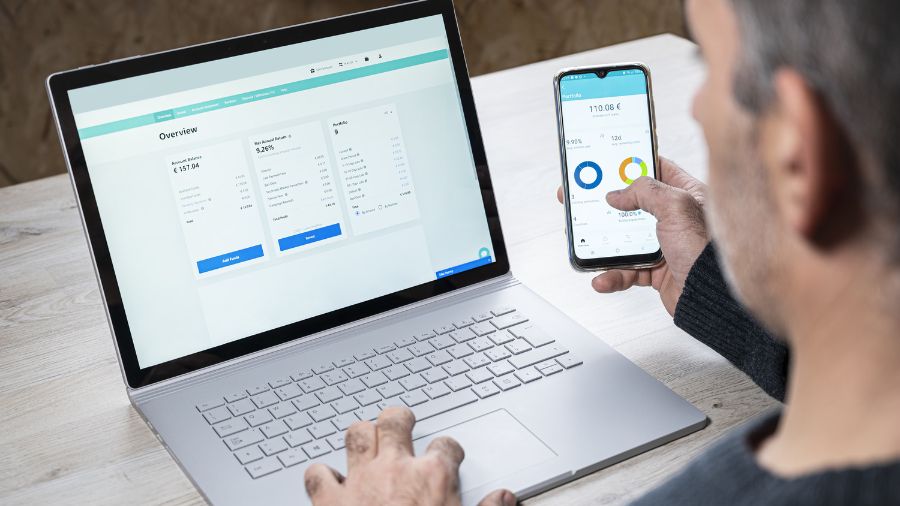A vehicle can be a valuable asset for any self-employed Canadian whose job demands convenient transportation from point A to point B — and in some cases, it’s necessary to get the job done. However, vehicles used for commercial purposes also introduce an added level of risk for your insurance provider that must be accounted for while you’re out on the road. Many of those who are self-employed aren’t aware that this extra risk calls for commercial auto insurance coverage.
Determining if you require coverage apart from your personal auto insurance policy comes down to whether your work is dependent on your vehicle and how often you rely on it for work-related errands.
Maybe you’re a tradesperson driving from job site to job site with tools in your vehicle or a realtor who regularly drives to meet clients. You might need additional auto insurance coverage. Without it, you could be underinsured and run the risk of a denied car insurance claim after an on-the-job collision.



